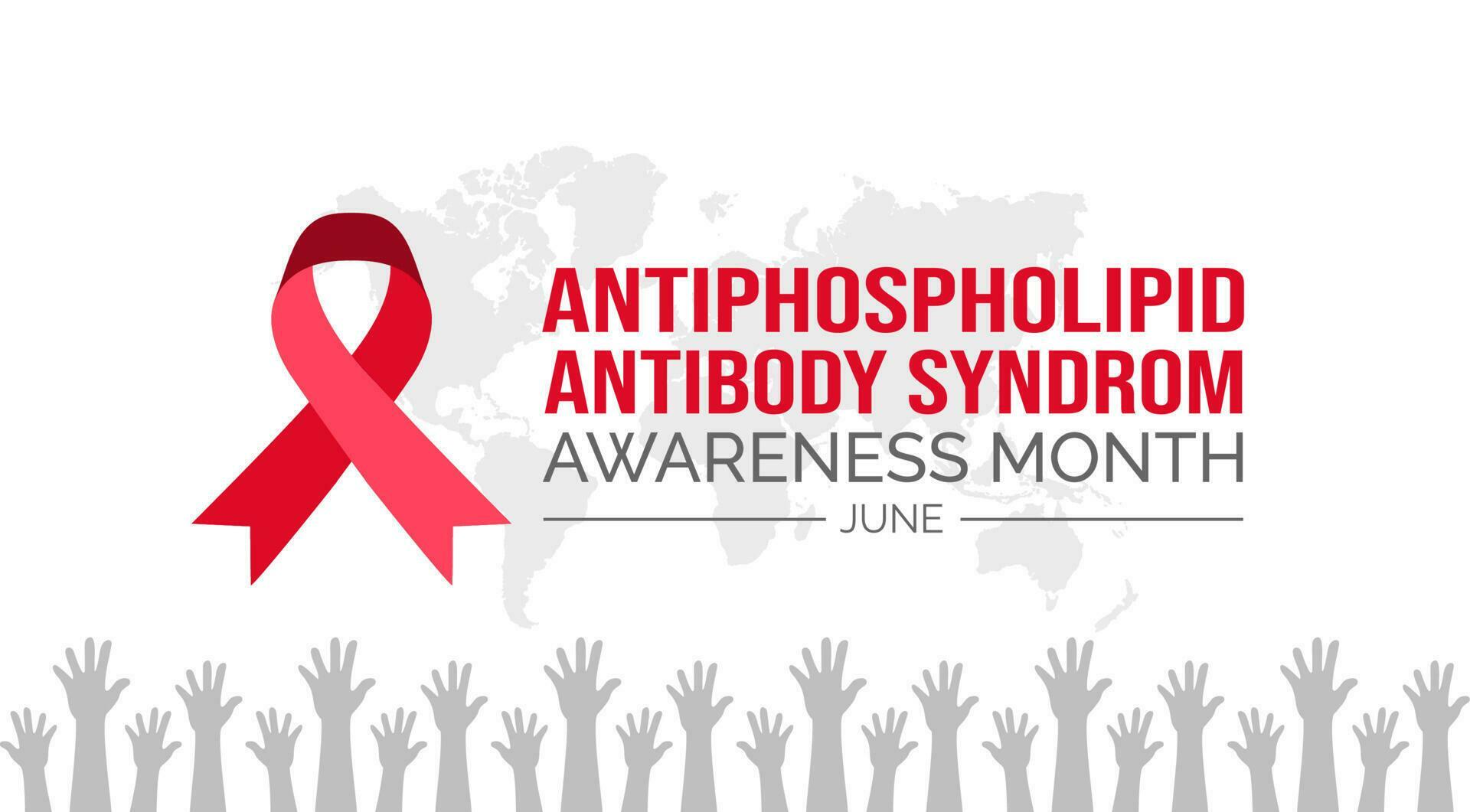
Antiphospholipid syndrome (APS) is an autoimmune disorderwhere the immune system produces antibodies that mistakenly attack normalproteins in the body, increasing the risk of blood clots. APS can lead to complicationssuch as deep vein thrombosis, stroke, and pregnancy-related issues likemiscarriage or preterm birth.
Risk Factors:
Symptoms:
Prevention and Early Detection:
Diagnosis and Staging:
Why Regular Screening Matters?
Antiphospholipid syndrome (APS) can remain undiagnosed until serious complications, such as clot formation or pregnancy issues, occur. Regular screening for antiphospholipid antibodies, especially in individuals with a personal or family history of blood clots, autoimmune diseases, or recurrent miscarriages, helps identify the condition early. Early detection and appropriate treatment (such as blood thinners) can reduce the risk of severe complications like stroke, deep vein thrombosis, or pregnancy loss.

Doctor of Pharmacy
Dr. Suryani Dutta holds a Doctor of Pharmacy (Pharm.D) degree and brings a strong foundation in clinical and pharmaceutical sciences to her writing. Her academic background and practical experience in pharmacy inform her work with accuracy and depth, allowing her to contribute insightful and well-researched content in the healthcare and medical fields.